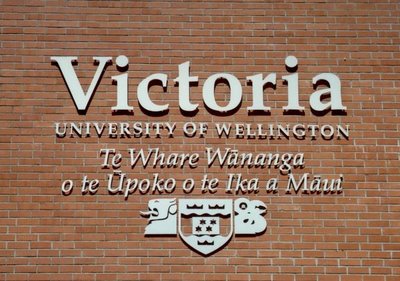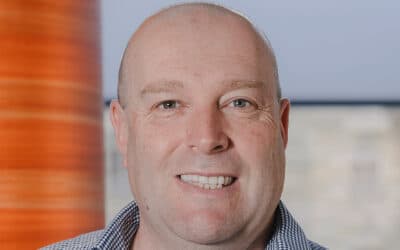
The university is specifically incorporating the system for use in its Arts Marketing paper at the School of Marketing & International Business.
Culture Segments, developed by research company Morris Hargreaves McIntyre (MHM), was launched in 2010 as a research tool to support arts and cultural institutions. The marketing research methodology enables organisations and cultural bodies to analyse a host of factors relating to the ‘attraction’ of their attractions.
Factors involved range from value and entertainment to how visitors identify with the particular cultural attraction and whether such visits are intrinsic to their way of life or are simply viewed as occasional treats or – even – as educational trips that have to be occasionally endured…
Culture Segments has already been utilised to segment audiences in other sectors in other countries including the UK, New Zealand, Australia, Germany, Brazil, Turkey and the States.
The sale to the University of Wellington follows the opening of an office by MHM in Auckland in 2010.
Julian Clements, who runs the Auckland office, now has two staff and is currently seeking one more analyst.
MHM was established in Manchester in 1997 as an organisation offering research and consultancy to the arts sector.
The company has grown steadily and is now one of the UK’s leading companies in its field.
Clients include the British Museum, the Tate, the National Portrait Gallery and the V&A. A current project with the V&A involves researching the market ahead of a potential new initiative planned for Dundee.
MHM employs 35 staff at its base in Manchester along with a further 30 field staff who conduct their interviews onsite.












